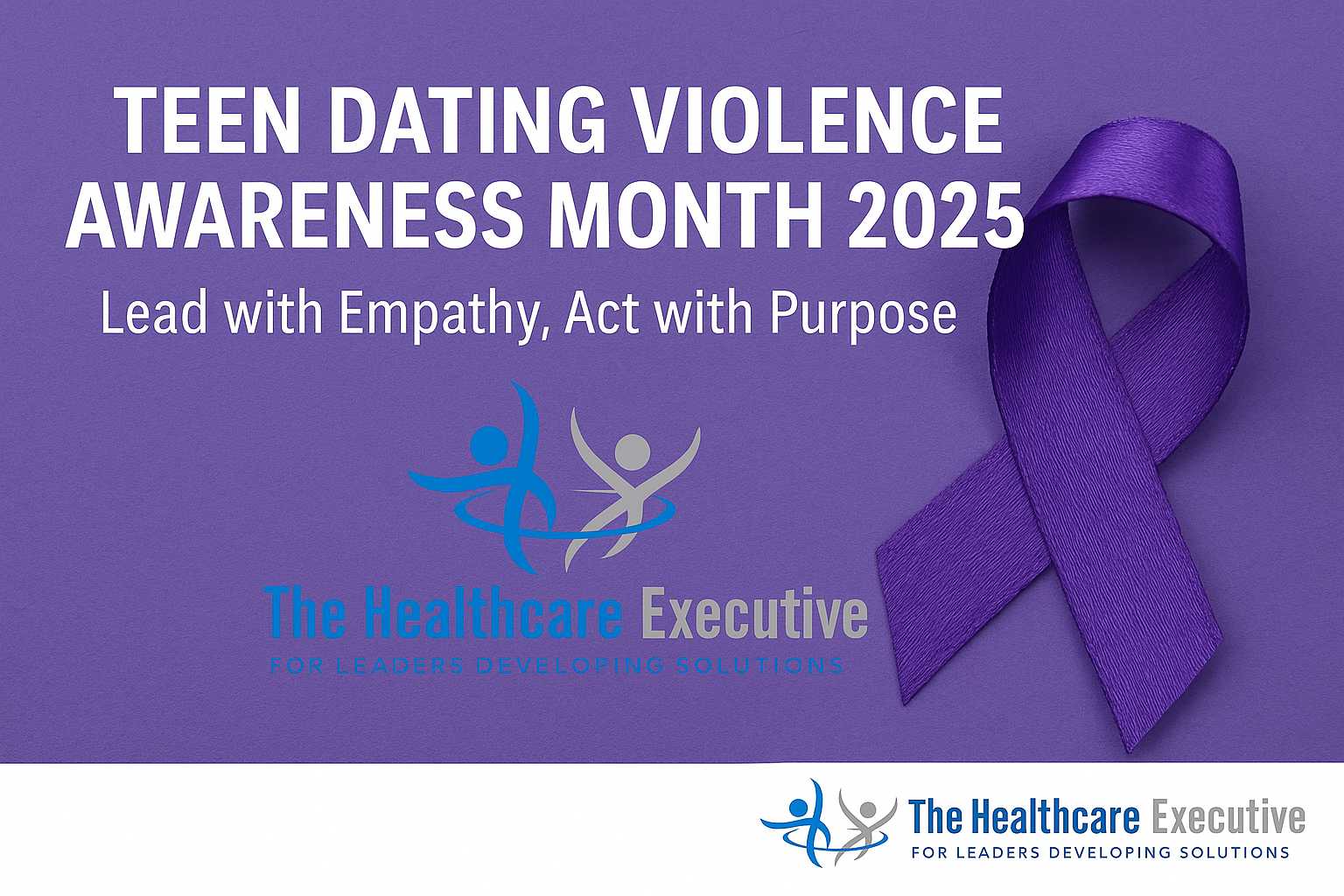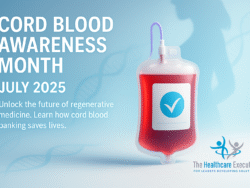Teen Dating Violence Awareness Month 2025: Lead with Empathy, Act with Purpose

- Posted by Greg Wahlstrom, MBA, HCM
- Posted in Health Observance Calendar
Mobilizing Healthcare Leaders to Address Adolescent Intimate Partner Violence
Published: February 2, 2025
Observed every February, Teen Dating Violence Awareness Month (TDVAM) raises critical awareness about intimate partner violence among adolescents. In 2025, healthcare executives are called to the forefront to lead prevention, education, and intervention efforts that protect young people and foster emotionally healthy relationships from adolescence into adulthood.
According to the Centers for Disease Control and Prevention, about 1 in 12 U.S. high school students experience physical dating violence. The repercussions extend beyond physical harm, contributing to depression, substance use, and long-term emotional trauma. For healthcare leaders, this is not just a youth issue—it is a community and system-wide imperative that demands coordinated response.
Healthcare executives can lead by embedding adolescent behavioral health training into staff education programs, integrating routine screening for dating violence during primary care visits, and equipping pediatric and school-based clinics with trauma-informed care protocols. Executive leadership must also advocate for policy alignment with national prevention frameworks like the Teen Dating Violence Awareness and Prevention Month campaign supported by youth.gov.
Strategic collaboration with organizations such as Love Is Respect and Break the Cycle enables healthcare institutions to implement educational outreach that empowers teens to recognize warning signs and seek support early. Leadership must ensure these partnerships extend beyond awareness campaigns into clinical care pathways and community engagement strategies.
Technology also plays a role in combating teen dating violence. Confidential digital screening tools, virtual counseling platforms, and mobile apps designed for youth mental health can all be deployed to expand access to services and break down stigma. Healthcare executives should prioritize investments in these solutions and establish governance models that protect patient privacy and promote equity.
Addressing teen dating violence requires a comprehensive, cross-functional approach. Healthcare leaders must advocate for legislation that supports teen protection, fund prevention education, and ensure culturally competent care is accessible to all adolescents—regardless of gender identity, race, or socioeconomic background.
Explore how your leadership team can implement trauma-informed practices, policy reforms, and innovative care models to safeguard adolescents from dating violence and shape a healthier future generation. Our latest insights outline tangible steps for healthcare executives ready to lead systemic change.
Discover More
For strategies on building safe, inclusive care environments for youth, explore our article on trauma-informed leadership in 2025.



